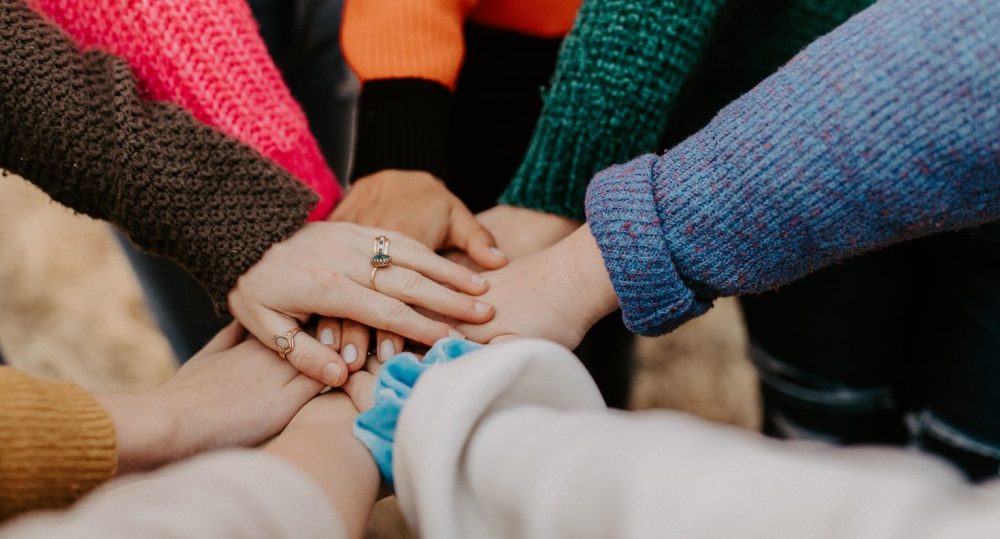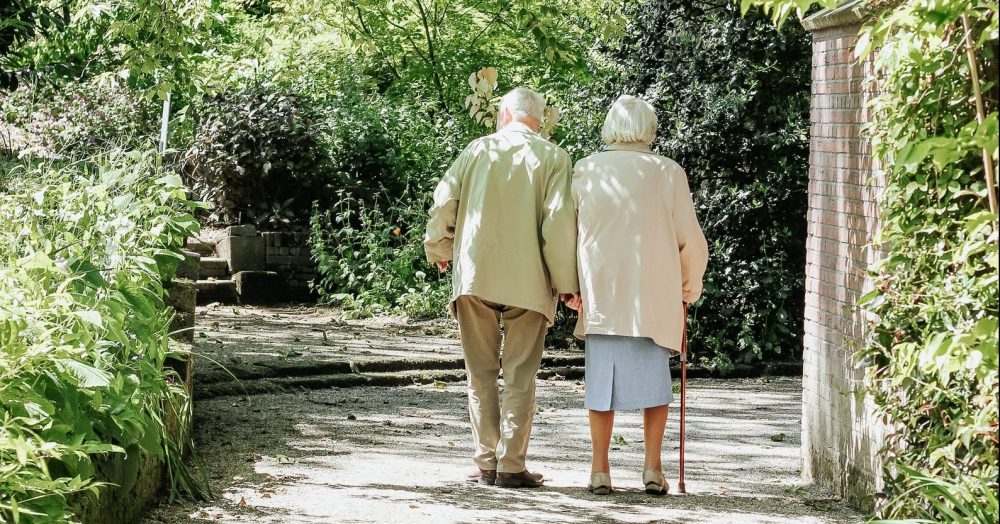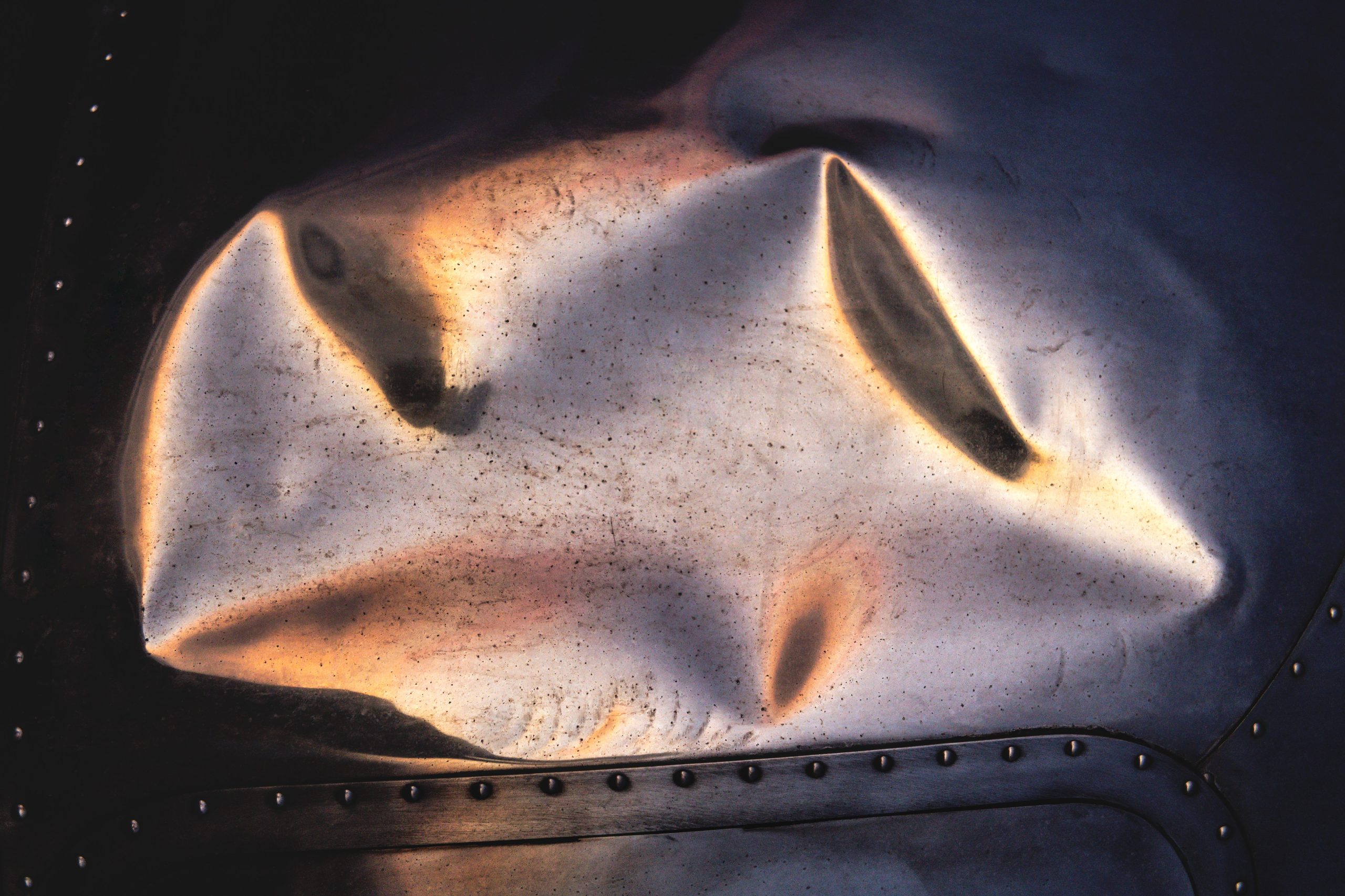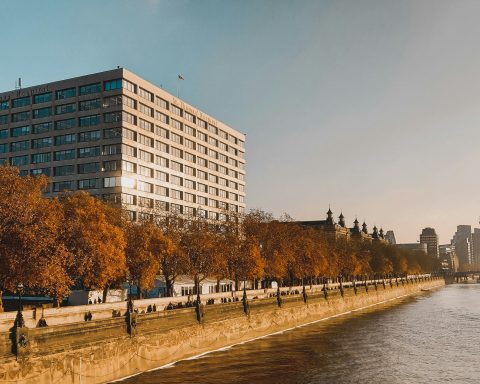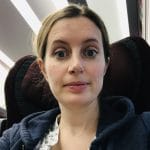
It is March 2020, around ten days before the first lockdown is announced. I sit in a school classroom at 8.30pm with ten other adults of varying backgrounds and ages all learning to play the Scots fiddle.
We have an end of term concert coming up and the discussion is around which of the tunes we have learned to play. I am certain the concert will be cancelled but don’t want to ruin the jovial mood. Another student, who works in local government, says it anyway.
“Do we really think this concert is going ahead?”
The rest of the group seem taken aback. Surely some virus from China will not actually impinge on their daily lives in such a short time? I speak up and say I agree, it is likely the concert will be cancelled.
Surely some virus from China will not actually impinge on their daily lives in such a short time?
Scots fiddle is tricky and I am not naturally musical. An inveterate joiner and enthusiastic beginner I tried to learn on a whim but found that I genuinely loved the music. The others in the group were also not yet truly proficient. I remember that night so clearly because the tunes came together for us then, and rather than concentrating on the getting the right notes or not messing up the rhythm, it was as if we became joined together in the ebb and flow of the music; no longer a separate group but part of something bigger than ourselves.
I also remember it well because it is the last time I played the fiddle in a group. The lessons were cancelled after that and have never resumed. They are on zoom but trying to play the fiddle on zoom when your children are sleeping does not work for me and I mainly played to make music with others. Technically I believe they now could resume but the school can’t have their buildings used “because of covid,” and there seems little enthusiasm to find other solutions.
In his book Bowling Alone, academic Robert Putnam reports on the decline of what he termed social capital in the US since the 1960s.1 He documented a drastic fall in people taking part in formal and informal groups, hobbies, extended family activities, volunteering and committees over a forty year time period. Higher levels of social capital or social connectedness have been linked to many measures of physical and mental health.2
Higher levels of social capital or social connectedness have been linked to many measures of physical and mental health.
There was a simplistic view that life, civil society and all that goes with it could simply be stopped and resumed, as if it were a machine. Society with its structures, rules and connections seems to me resilient but complex and it is hard to predict longstanding impacts of the covid restrictions.
There was a simplistic view that life, civil society and all that goes with it could simply be stopped and resumed, as if it were a machine.
My boy is now nearly too old for playgroups. He will be at nursery next year, and the local connections we could have made there will never happen. Library groups for children are also a shadow of their former selves. The library, once a warm welcoming and open space has had all soft furnishings and toys removed “because of covid” and the once hugely popular groups that have finally restarted after eighteen months are limited in numbers, masks obligatory and “no singing”.
At work too, the web of supportive activities that once existed for the city’s most vulnerable seems frayed and uneven. I struggle to know what activities have resumed, what is still online, what has stopped altogether. If I struggle with this how much more difficult for some of my patients; for whom their past history of trauma and systemic disadvantage means they may have poor literacy; their lives are often mired in chaos and temporary disasters of lost phones, hospital admissions and nights in the cells, missed appointments. If they are to engage with society they need it to be simple and reliable with few barriers, the opposite to the last eighteen months.
The web of supportive activities that once existed for the city’s most vulnerable seems frayed and uneven.
For many years it has been known that contact with others increases empathy and reduces prejudice towards them, especially when working towards a common goal. This phenomenon was first noticed by American psychologist Gordon Allport in his landmark research around the civil rights movement in America but has been replicated many times since.4
In his book Building Empathy in a Divided world, psychologist Jamil Zaki writes about this and about the evidence that empathy is not fixed but can be cultivated, even in those who appear to completely lack it.5 Zaki also writes that, based on standardised questionnaires administered in the US, empathy for others appears to be declining sharply in the past thirty years. The cause of this remains uncertain.
Contact with others increases empathy and reduces prejudice.
Back to March 2020, shortly after the fiddle lessons were cancelled, I took on extra shifts in the community covid hub set up at the local hospital where people complaining of covid symptoms in the community were referred. I admitted people to hospital although the hub never grew as busy as was feared and my shifts were eventually cancelled in May.
There now exists a huge “laptop class” of people who have little need for real life contact with anyone.
I followed up all the patients I admitted, curious to see what their outcomes were. One man I admitted sticks in my memory. He was 87 and brought in by his son. He had several chronic conditions and was getting increasingly frail but still living alone and just about managing things for himself with the help of his son. If I had been his regular GP I would not have expected him to die soon but neither would I have been surprised had he done so. He was breathless with low oxygen levels so I admitted him to hospital. His son was waiting outside. He had brought his father to the door but was allowed no further. I had to phone him to get some background information.
“Can I at least wait with him and take his stuff to the ward?” he asked.
I had to tell him no and send him away, it was hospital policy. His father died alone that night. People sadly die in hospitals all the time and sometimes family unfortunately don’t get there in time. But the sending of a man away from his dying father so he never got the chance to say goodbye, is something I will remember for the rest of my life.
I had to … send him away, it was hospital policy. His father died alone…
We met several times and I tried reduce harm, to form a connection, to get him to engage with services, all to little avail. He sustained multiple injuries related to his drug use. When one day the police phoned the practice to inform me he had been found dead of a drug overdose. I felt great sadness but not surprise. Would he have lived and finished the college course and found some sort of happiness had lockdown not intervened? Nobody can ever know but I do know drug related deaths in Scotland are the highest they have ever been this year.
My point in writing this was not to make a statement about lockdowns or otherwise but to stress that health whether of a person or a society cannot be simply described in one dimension as the absence of disease but also encompasses fulfilment, connection and meaning. During the lockdowns people would send messages ending with “Stay safe” and the concept of safety seems to creep into public discourse more than it used to.
People are meaning makers; we want to find purpose in our lives and in our society.
For some meaning is found through work, for others through family but most need a community beyond these, whether that is based around friendship, religious belief, or shared interests. Being able to connect to others, to find joy and meaning in a common purpose, whatever that may be, is not an added extra to life but it’s very stuff and substance. Doctors are not politicians nor policy makers, but we do have a voice and if we truly care about health in its fullest meaning, we should remember this and remember the unintended consequences of all that we do and say.
- Putnam, R. (2001). Bowling alone. Simon & Schuster.
- Xue, X., Reed, W. R., & Menclova, A. (2020). Social capital and health: a meta-analysis. Journal of Health Economics, 72, 102317. https://doi.org/10.1016/j.jhealeco.2020.102317
- https://www.ons.gov.uk/peoplepopulationandcommunity/wellbeing/bulletins/socialcapitalintheuk/2020
- Allport, G. W. (1979). The nature of prejudice. Basic Books.
- Zaki, J. (2019) The war for kindness. Building empathy in a divided world. New York : Crown
Featured image by Hannah Busing at Unsplash

